The Power of Purpose
I have Parkinson’s. I call it “accelerated aging” because it is a progressive neurologic disorder that simulates aging. On my bad days, I feel ten to twenty years older than I am.
For your information, a bad day, for me, has me struggle to get out of bed specifically having to focus all my energy on one arm and then the other arm to just move enough to get my bed cover off my body in hopes of coming up with a strategy to get out of bed and to the bathroom in time. I stressfully drive to the gym and at least show up to the one-hour fitness class. I put on boxing gloves to hit the bag and my arms don’t respond to what my mind is commanding that they do. But I show up. I then go home and walk around my house because I cannot find a comfortable place to sit. Medical marijuana allows me to sit, but makes work, household chores (if fact, almost everything) impossible. The term of art for this phenomenon is “off periods.”
What I can say is that, when I am doing something purposeful, I somehow am able to muster the strength and, yes, courage to get up on stage and provide inspiration to my audience. I love standing in front of a group and provide words of wisdom that help others to change their behavior. It is how I “make a difference.”
For example, I just traveled from Sarasota, Florida to Las Vegas, Nevada on Tuesday, attended a reception Tuesday night, attended breakfast with the Medical Science Liaison Society on Wednesday, did a 45 minute inspirational talk, attended much of the conference, enjoyed the Awards banquet, went out late with a group of attendees, went to be late, got up early on Thursday and travelled back to Florida. The thing is that I was on the whole time. I had my slower moments, but was able to summon the energy to stay engaged the whole time. I call it the “power of purpose.” It happens to me every time that I have an engagement. I also call it “staying engaged.”
By way of a second real-life example, last Tuesday, I flew to New York City, On Wednesday, I attended my father’s induction into the High School Athletics Hall of Fame. On Thursday, I was in the audience of the Wendy Williams Show, talk about the power of positivity waiting in line with some pumped up people at 7:00 am. On Friday, I took a train 2 hours each way to inspire about 100 individuals at the Mid-Hudson Parkinson’s Association. Finally, on Sunday, my wife and I threw her mother an 80th surprise birthday party. We flew back Tuesday and I was useless for several days. My point is that you can summon the energy to overcome anything for a finite period of time if it is in line with your purpose.
Stay Engaged. Fulfill your Purpose. Make a Difference. Have Faith.
John Baumann is a 17 year veteran of Parkinson’s who has demonstrated the desire and discipline to continue to have an amazing life. He exemplifies the word “resilience” starting out as an attorney, then, after getting the news that he has Parkinson’s, continuing to practice for ten more years while getting prepared to fulfill his lifelong dreams of teaching at a University, writing a book on success, and finding his life’s purpose as an inspirational speaker. John graduated from the University of Massachusetts and Cornell Law School. He worked for Exxon for 10 years before accepting the position of General Counsel of Steel Technologies. John was diagnosed with Parkinson’s in 2002 when he was 41 years old. Since being diagnosed, he has taught law at the University of Louisville, College of Business, written a book entitled, Decide Success: You Ain’t Dead Yet, and delivered over 100 keynote presentations.



 Like all of us, people with
Like all of us, people with  Sometimes diseases of the eye can occur in People with Parkinson’s. Beta-Carotene is a type of Vitamin A that helps maintain retina function and is found in carrots and sweet potatoes. Leafy green vegetables and egg yolks contain lutein and antioxidants that may lower the risk of cataracts and macular degeneration.
Sometimes diseases of the eye can occur in People with Parkinson’s. Beta-Carotene is a type of Vitamin A that helps maintain retina function and is found in carrots and sweet potatoes. Leafy green vegetables and egg yolks contain lutein and antioxidants that may lower the risk of cataracts and macular degeneration.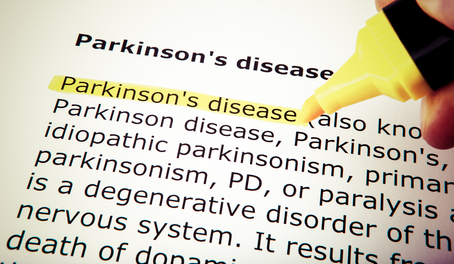
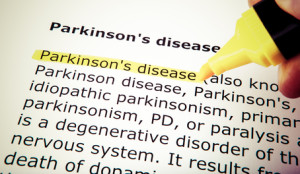
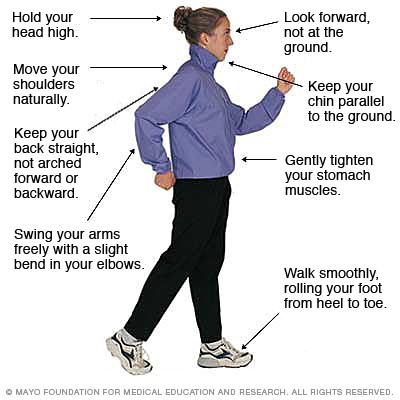 Postural exercises should focus on increasing your awareness of proper posture and teaching you how to achieve and maintain correct body alignment with all exercise. Proper body mechanics should be a component of the total exercise program. Your program should emphasize sitting, standing, and walking tall. Include techniques for bed mobility tasks, getting in and out of chairs, descending and rising from the floor, and exercises involving proper use of the back muscles in tasks of daily living/lifting, etc.
Postural exercises should focus on increasing your awareness of proper posture and teaching you how to achieve and maintain correct body alignment with all exercise. Proper body mechanics should be a component of the total exercise program. Your program should emphasize sitting, standing, and walking tall. Include techniques for bed mobility tasks, getting in and out of chairs, descending and rising from the floor, and exercises involving proper use of the back muscles in tasks of daily living/lifting, etc.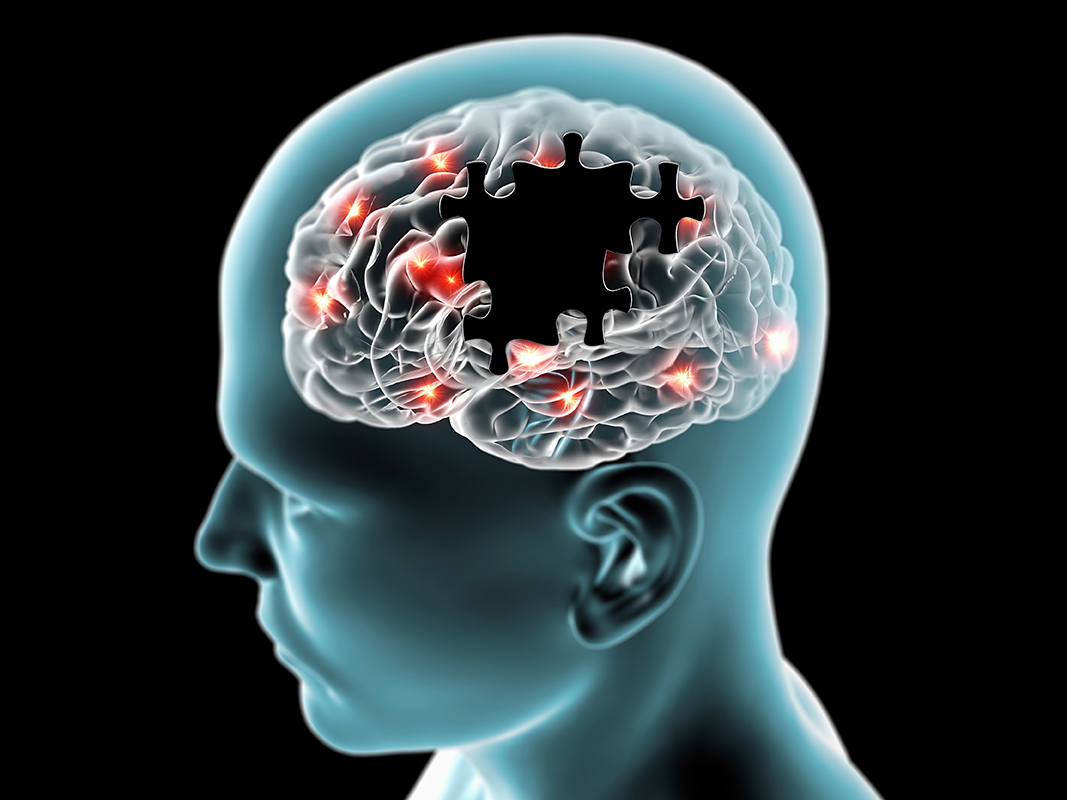
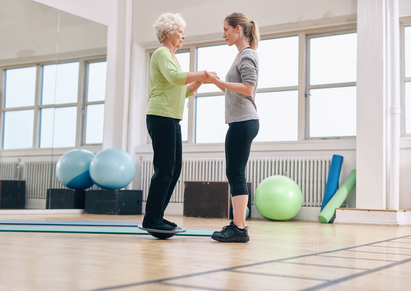
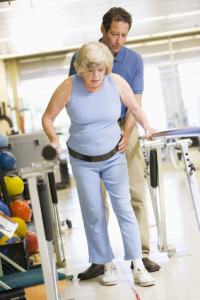 Balance Training
Balance Training
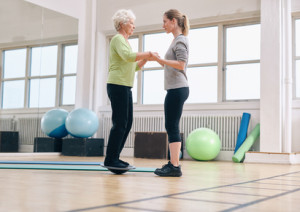 Challenges with balance and stability can happen to all of us as we get older, but is certainly more prevalent in our Parkinson’s community. Maintaining lower body strength in conjunction with balance is very important as it decreases one’s chances of falling.
Challenges with balance and stability can happen to all of us as we get older, but is certainly more prevalent in our Parkinson’s community. Maintaining lower body strength in conjunction with balance is very important as it decreases one’s chances of falling. 
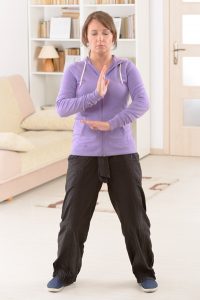 The studies concerned with the effect of Tai Chi on
The studies concerned with the effect of Tai Chi on 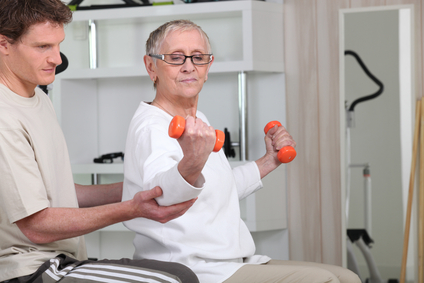
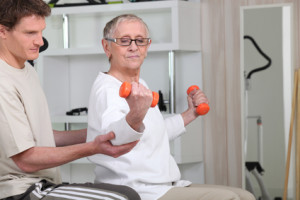 Another concern people with neuro-degenerative diseases face is coming to terms with diminished physical abilities. If a person with Parkinson’s has had an active and athletic past, it may be difficult to acknowledge what the body can no longer do. Seeing others at later stages of Parkinson’s may dissuade someone from attending an exercise group that could slow down the progression of the disease.
Another concern people with neuro-degenerative diseases face is coming to terms with diminished physical abilities. If a person with Parkinson’s has had an active and athletic past, it may be difficult to acknowledge what the body can no longer do. Seeing others at later stages of Parkinson’s may dissuade someone from attending an exercise group that could slow down the progression of the disease.